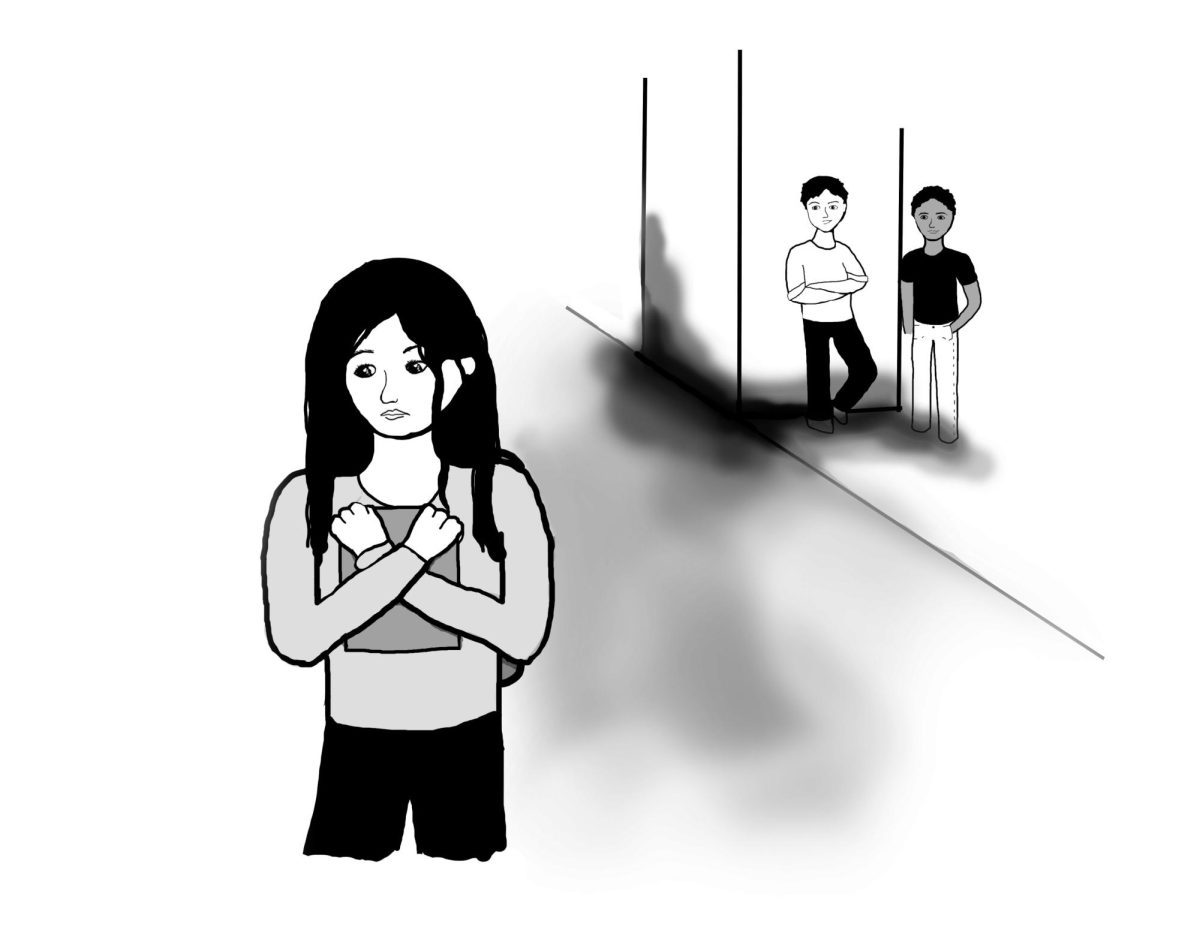While working inside Penrose Library may not sound like most people’s ideal way to spend summer vacation, senior Erika Horwege jumped at the opportunity. When Barbara Maxwell sent out an email asking for someone to help in the archives, Horwege readily applied since working in the archives incorporated history, archival work, research and design and graphics. Since she is toying with the idea of going into PR or marketing, an internship in the archives seemed to best encompass all of her interests.
So what does one do when they work in the archives?
“I’d actually start in the archives themselves and I’d pull out one of the boxes that was relevant that day,” said Horwege. “I would just go through it, look at all the materials and take notes on them. If it was really cool, like a picture or an article, I would scan it and then file it away.”
Horwege’s main focus was Greek life on Whitman campus, since this year is the 100th anniversary of National Greek Life at Whitman. As part of her work, she got to sort through old scrapbooks, newspaper articles, posters and formal dance invitations.
“[The invitations] had who sponsored it, the pledges who were at that new class, where it was held, the menu, the chaperones and then lines for each girl to reserve a dance,” said Horwege. “Some of them had the gentlemen’s names filled out already and some of them didn’t. It was so different from dances now and so that was fun.”
By far, though, her biggest––and some might argue best––finds in the archives were two pairs of boxer shorts.
“I scanned two pairs of boxer shorts,” said Horwege. “One of them was just from a boxer party but the other contained a rather cryptic message about traditions involving cellophane and male honorees and bras.”
One of her favorite parts of being in the archives as a history major was simply handling the materials directly and seeing the differences in Greek life from 1913 to the present. Some things that changed were past traditions (the May Queen and the Ball Queen used to exist), while some of the founding fraternities and women’s fraternities are no longer on Whitman campus.
“It’s cool to see that it’s not just the culture here that’s changed but that a hundred years ago, Greeks were still big contributors on campus. And seeing the groups that aren’t here anymore, that was really cool,” said Horwege.
Besides having a greater appreciation for the historical significance of fraternities and women’s fraternities, Horwege said she also was inspired to bring back old philanthropy, sisterhood and function ideas from the past.
“[Sigma Chi] and one of the [women’s fraternities] had a Trike-a-Thon … They just had a little kid’s trike and the big fraternity guys would be sponsored for a certain number of hours and they had a goal to lap Ankeny [Field] a certain amount of times and all the money went to a specific charity,” said Horwege. “Then there was a sewer function with [Sigma Chi] where they saved up all the boxes that first-years threw out when they moved in and constructed an elaborate system of tunnels spanning from the basement to the fourth floor.”
The archive contains a wide variety of fascinating things beyond Greek life. There is a large Northwest collection that contains many artifacts relevant to Whitman and its founders. Also, the archive contains many great resources such as a copy of part of the original Gutenberg Bible. As a history major, Horwege’s favorite part of the archive is the rare books, specifically the “Book of Hours” and “The Nuremberg Chronicle.” Sadly, many Whitman students have yet to set foot inside the archives.
“You can just walk in and say ‘I’m interested in this,’ and they’re really accommodating,” said Horwege.
You also have to go into the archives in order to access the Napoleon room since Melissa Salrin, archivist and special collections librarian, has the key to the room. While most of the pieces are period pieces or recreations, the room does contain Napoleon’s surgeon’s writing desk from when he was in exile.
“There’s a really cool cane that she showed us and it just looks like a walking cane, but if you look at it from the side, it’s Napoleon’s profile. When he was in exile but still had supporters, you could walk down the street and see who the fellow supporters were because only you guys were in on the joke, or in on the secret,” said Horwege.
These pieces were donated by a Whitman alumna and her husband who acquired them while working in France.
Surprisingly, there is not a lot of information on student life in the archives because students generally forget to submit things. However, the archive is trying to turn that around and get more student and club involvement. Horwege says Salrin enjoys talking to people about how to get involved with the archives and what students can submit.
“We’re only here for four years and it’s really easy to think that that’s your experience with it,” said Horwege. “It was really cool to see men and women have been involved in the same things for about a hundred years just at Whitman.”
Whether stopping by the archives in order to get a peek inside the Napoleon room or browsing one of their collections, Horwege urges people to get involved.
“I didn’t know [the archive] was a resource, so I’d say for student groups and just individuals on campus to contribute so that in another 100 years, there’s evidence of what we’ve contributed [to campus],” said Horwege.









